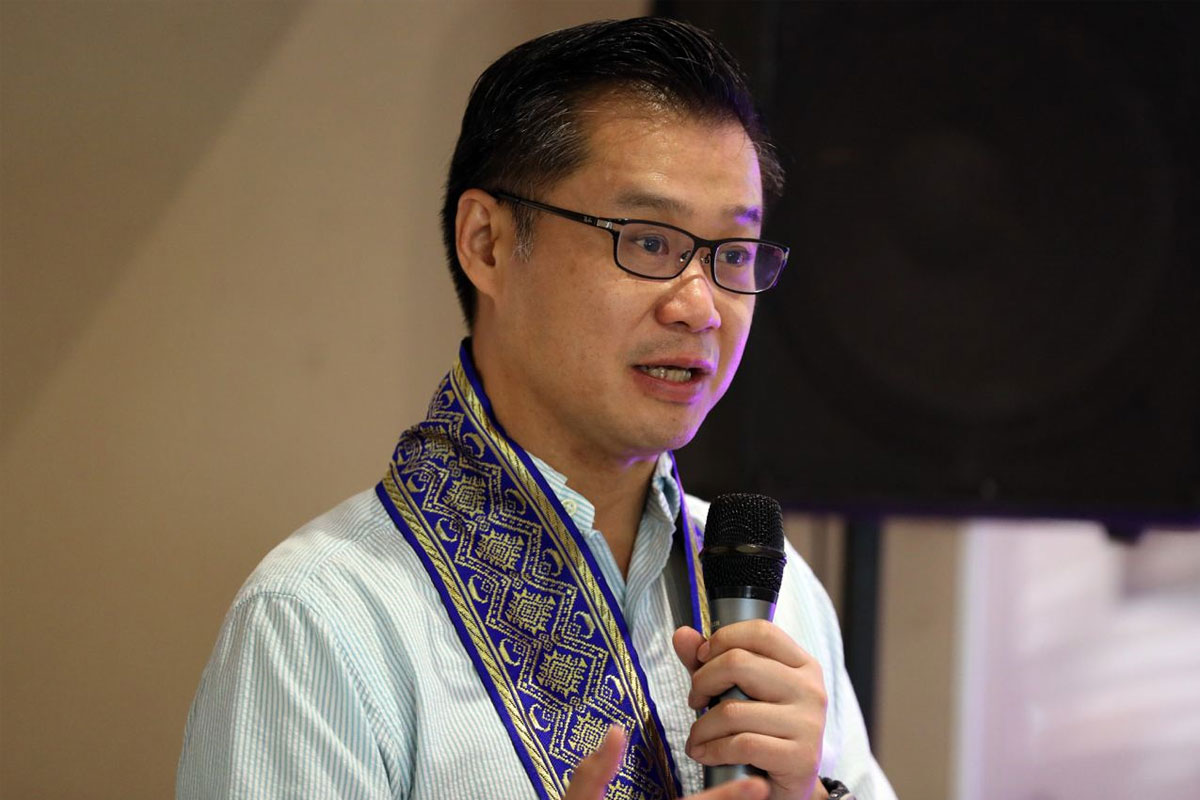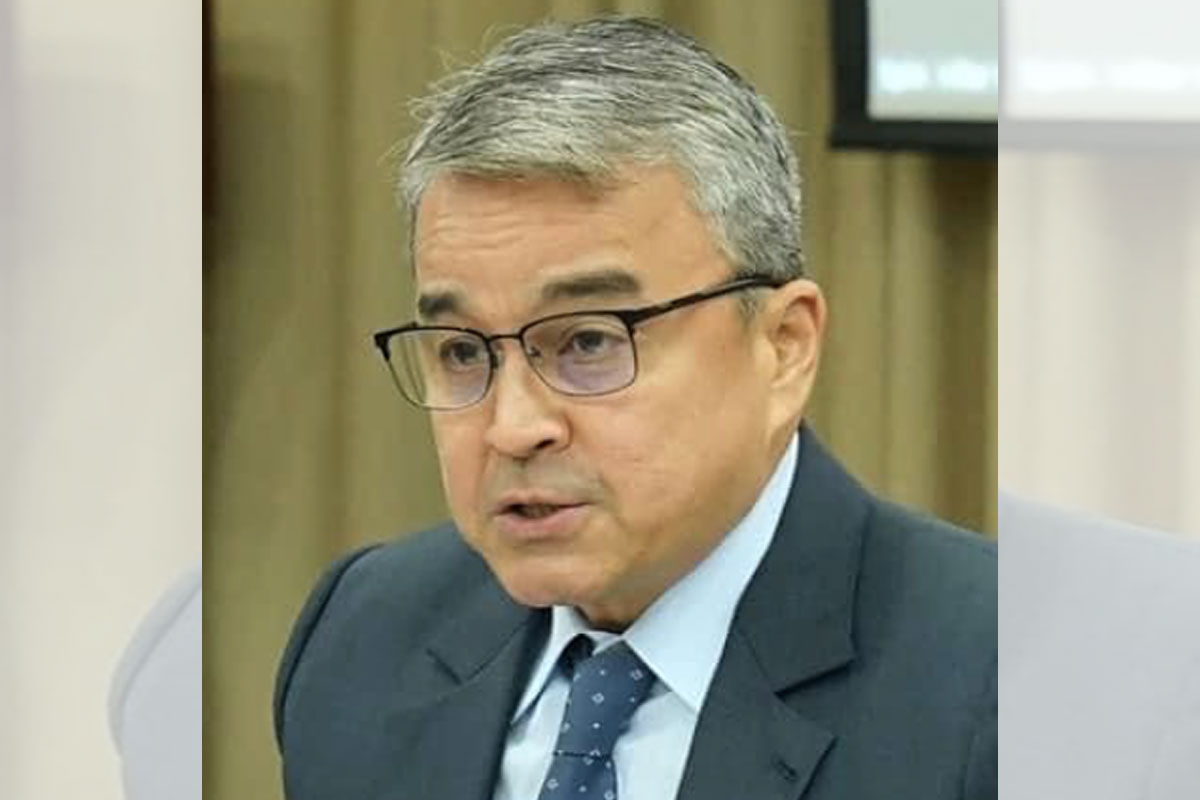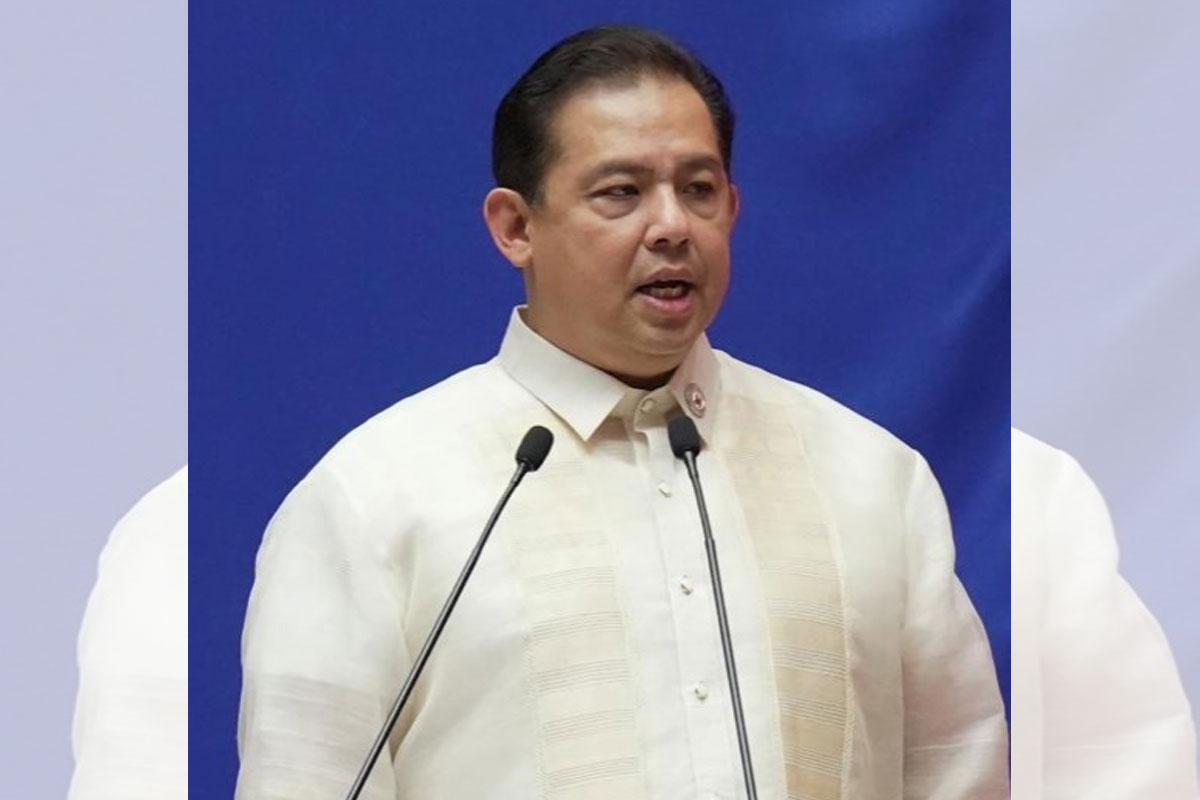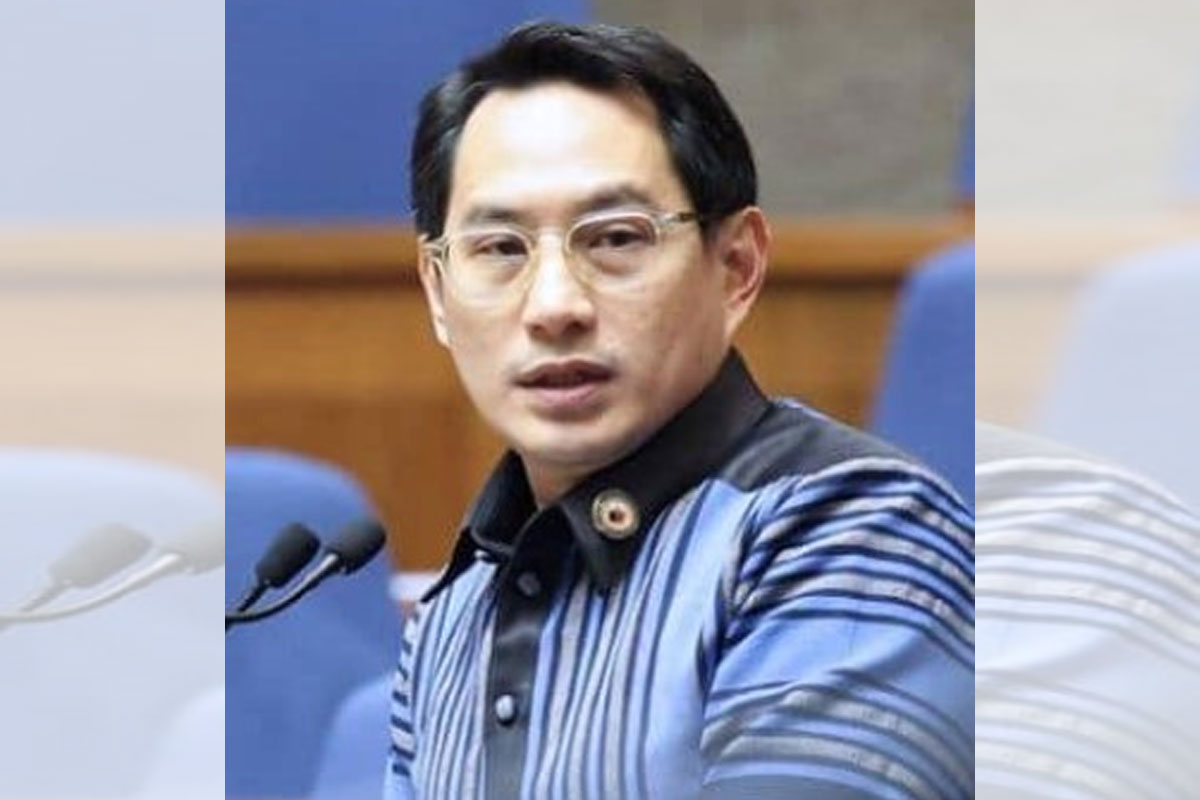
REFLECTIONS ON PHILIPPINE FAMILY AND LIFE
Our recent assembly of Church leaders to address and make recommendations regarding a situation or a matter of great importance in the life of the Church (also known as Synod) has recently released through the CBCP a National synodal synthesis on family and life. A synod is not a deliberative body with decision-making powers. Rather, the assembly of leaders meets to engage in a structured conversation surrounding an issue, with the goal of making recommendations for the final decision-maker. Here is the summary of its consultations on “Family and Life”:
1. The family is the basic cell of the ecclesial community of missionary disciples. Just as the family is the seedbed of vocations to the lay apostolate, to priestly ministry, and to consecrated life, synodality begins in the family. The domestic Church is where the virtues that help us listen, pray, discern, and forgive are developed and acquired. Starting from our homes, we build communities of faith that walk humbly with the poor, overcome prejudice and exclusion, live in interfaith dialogue and harmony, and care for our common home. It is where we first become responsible citizens and Christians: in the one family of God, we are to love one another, forgive one another and bear each other’s burdens. The family is the starting point of healing. The family is the cradle of synodality, where we first learn to stand on our feet and walk, to walk together and stand for what is right. The first step in synodality, therefore, is to strengthen the family bond: promoting its growth in the faith, making it the center and subject of parish programs, providing safe opportunities for the young to heal, to grow, to volunteer and to serve.
2. The formation in synodality that starts in the family and flourishes in Church and in society would (1) include the fundamentals of walking together, listening to one another, engaging in dialogue, discernment; (2) be founded on and sustained by personal and pastoral conversion in the Holy Spirit; (3) awaken and inspire participation in our common mission; (4) foster the discernment and sharing of authentic charisms. The family is the cradle of community life.
3. For us, the Church is a refuge, a sanctuary, a helper and a light in moments of darkness. The Church is a mother: nurturing, forgiving and embracing. The Church is a family: our second home where we feel valued (pinahahalagahan). There is a sense of spiritual fraternity and solidarity in the parish and BEC: We are like a broken family, but we respect, love and support each other as brothers and sisters (damayán), especially “the least, the lost and the last”.
4. The pandemic brought untold suffering to our people, and the lockdowns meant more opportunities for domestic violence and abuse. Some lost faith as others lost loved ones. Nevertheless, “family is life”. Our families remained our principal source of support, acceptance and encouragement. We courageously continued our charities and our ministries even as we took the chance to be together while working from home and attending classes and Masses online. We tried to mend relationships, enjoyed each other’s company, and prayed together. We experienced God’s presence in our families and in our BECs/GKKs. “The Church is in the home, the home becomes the Church”.
5. The dynamism of the Church’s synodal journey is fueled by women’s active presence and involvement in the Church’s mission. In the Church’s administration, be it financial or pastoral, women play a significant role. We sadly note, however, that more women, than men, attend Mass regularly, serve as liturgical ministers, volunteer in charitable activities, lead BECs and PPCs, even the synodal process. Men spend more time on livelihood than on Church activities, thinking that prayer and devotion are the domain of women. When they join Church activities, they feel awkward or ashamed. Others prefer to go to cockpit arenas, considering the Eucharist as a waste of time. Men and fathers are numbered among the sectors not paid attention to by the Church.
6. The LGBTQIA+ who were consulted in the synodal process felt that the Church listened to them and expressed the desire to be more active members of the Church rather than suffer apathy, prejudice, discrimination and rejection even in their families and communities. A synodal Church is not condemning but welcoming. The Church cannot close its doors to anyone. In synodality, difference is a gift, not a threat. As the Church genuinely respects and welcomes the LGBTQIA+ to the Christian family, the LGBTQIA+ are also challenged – just like everyone in the Church – to respect and welcome the Gospel and to abandon whatever is inconsistent with it. Along with the youth, the poor and the men, the Church ought to prioritize pastoral care for the LGBTQIA+, guide them in seeking their mission, and involve them more in the apostolate.
7. Today, we struggle to promote and defend the institution of the family according to the design of God. Traditionally held values are deteriorating. Many no longer see the value of the Sacrament of Matrimony. Many couples enter marriage without a strong sense of commitment or are simply not prepared to face life’s challenges. Social media has provided predators as well as influencers with easier access to us, especially to the youth. Grandparents and the elderly are increasingly neglected. Many families and communities are no longer viable seedbeds for vocations to the priesthood, the consecrated life and the lay apostolate. We thus need to empower families and communities through catechesis, family counseling, parenting workshops, responsible use of social media, livelihood and financial literacy seminars, marriage enhancement, mental health programs, etc. so they can address internal challenges and external ideological threats. The Church – primarily through mentor couples – must accompany solo parents, families of OFWs, children of absentee parents, the LGBTQIA+ and their families, families divided by religion or by politics, families broken by betrayal, addiction, imprisonment, suicide or abortion. First in need of healing is the family. We must combat superstitious practices, domestic abuse, child trafficking and cybersex. The Church cannot simply use social media in evangelization, the Church must also evangelize the digital world. We need priests who witness to the Gospel, refuse to enrich themselves or be influenced by their own families, and risk their lives for the Church.
———————– oOo——————————
For any personal comments or suggestions, you may call 0917-4805585 or email me at [email protected].






























